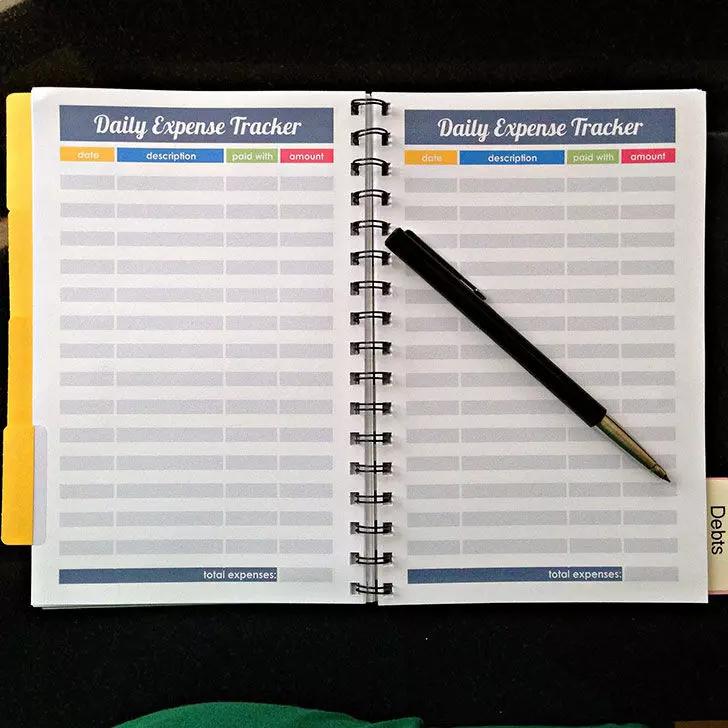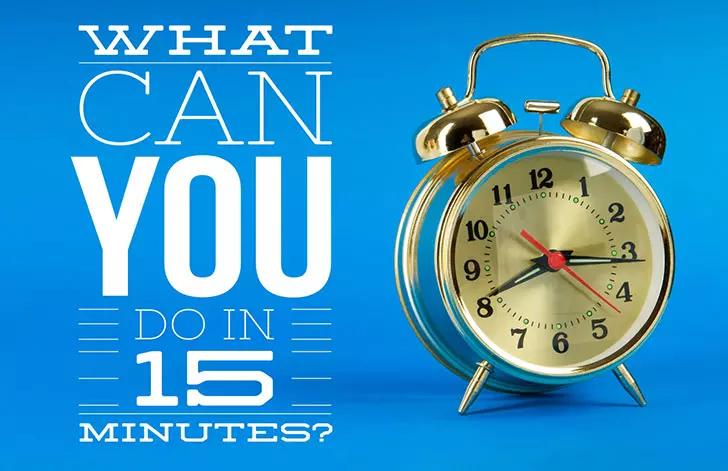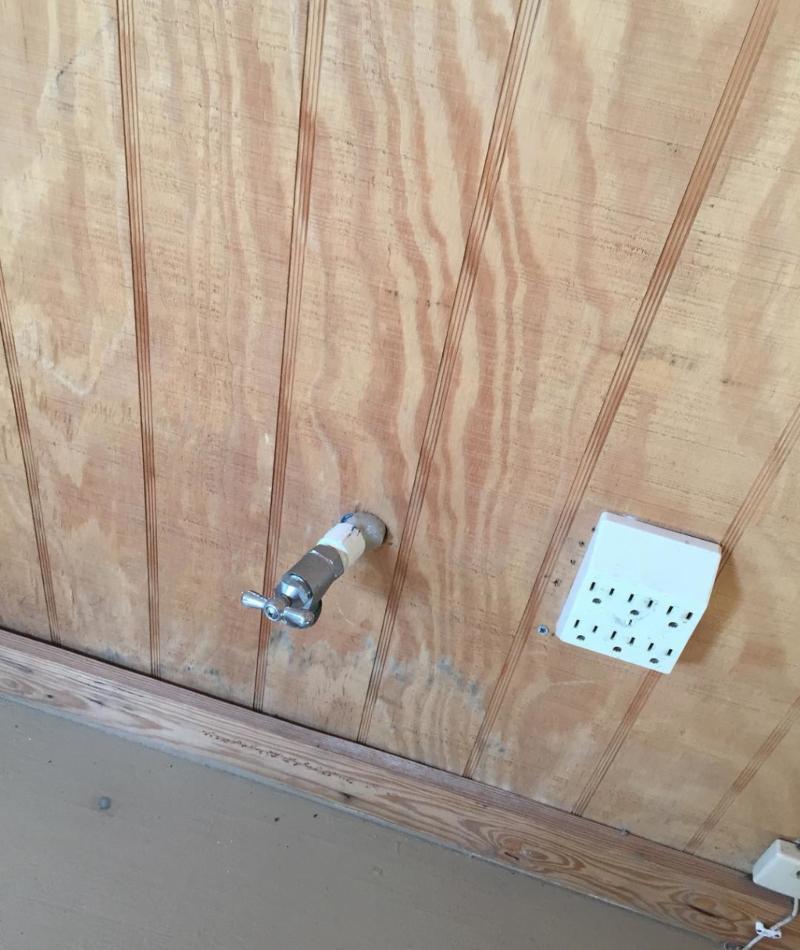Adult ADHD: Determining Your Status and Coping Strategies
When it comes to ADHD (attention deficit hyperactivity disorder), many people would think of kids who have trouble paying attention, but adults can also have ADHD; about 4% to 5% of U.S. adults have it. Click through to find out if you’re one of them along with 10 tips for living with it.

1. Adult ADHD Symptoms
Adult ADHD symptoms include:
●Impulsiveness and frequent mood swings
●Poor time management skills
●Problems focusing on a task
●Trouble coping with stress

2. Problems At School
Adults with ADHD may have:
●A history of not doing well in school
●Gotten into lots of trouble
●Had to repeat a grade
●Dropped out of school

3. Problems At Work
Adults with ADHD are more likely to:
●Change jobs and perform poorly
●Be less happy with their jobs and have less success at work

4. Problems In Life
Adults with ADHD are more likely to:
●Get more speeding tickets, or be involved in more crashes
●Smoke cigarettes, and use alcohol or drugs more often
●Say they have psychological trouble like being depressed or have anxiety

5. Relationship Problems
Adults with ADHD are more likely to:
●Have more marital problems
●Get separated and divorced more often
●Have multiple marriages

6. Daily Living Tips For Adult ADHD
ADHD can be very disruptive in everyday adult life. Fortunately, there are 10 daily living tips that can help get your symptoms under control. Click through to find out about these 10 simple tips.

7. Make A New “To Do” List Every Day
Each morning, make a list of the things you want to get done that day. Arrange your tasks in order of importance and assign each task a specific time of day. Cross off each task when you complete it.

8. Make Organization A Daily Habit
Try the following organization system to make it a daily habit:
●Use filing cabinets, labels, and clear storage boxes to keep items.
●Take 10 minutes each day to pick up and return items to their proper places.
●Remember to put your stuff back if you take it out.
●Keep a box for loose papers and other mislaid items, and go through it at the end of every day.

9. Follow A Mail Routine
Create a special area to hold all important mails, such as bills, insurance information, and checks. Check and sort mail every day.

10. Write Down What You Spend
Knowing how much you spend each month – and on what – will help you manage your money. So carry a notebook or use an electronic device to keep track of everything you buy – even very small purchases.

11. Use Electronic Reminders
Forgetting meetings, deadlines, and medications can cause trouble in your daily life. Use computer programs and other electronic devices to remind you of appointments and deadlines.

12. Tune Out Distractions At Work
Distractions at work can be a big challenge for adults with ADHD. The following suggestions may help:
●Route your calls to voicemail, and only check it at set times during the day.
●Use a “white noise” machine or listen to earphones to shield other sounds at work.
●Do just one task at a time.

13. Fight Boredom
Many people with ADHD get bored easily, which makes it difficult to stay focused at work. Try these tips:
●Break up big tasks into smaller ones
●Take a walk or get fresh air between tasksTake notes in meetings

14. Simplify Your Life With Fewer Tasks
Simplifying your surroundings can help you reduce clutter and remove distractions. Try not to overschedule yourself with too many projects or tasks at once.

15. Start Tasks With 15-Minute Blocks
When you have trouble starting a project, try this exercise:
●Set a timer for 15 minutes
●Focus on that one task only during those 15 minutes
●When the time is up, decide if you can go on with another 15 minutes
●If you can, reset the timer.
●Keep going at 15-minute intervals for as long as you can. If you can’t, stop and try again later or the next day.

16. Use Color Coding
Colored files, folders, and notes can help you stay better organized. For example:Use different colored pens or highlighting in your planner to separate work, personal, and family commitments.










